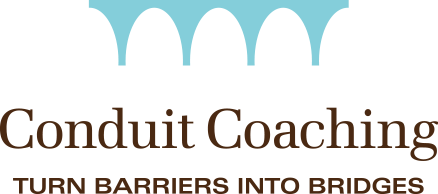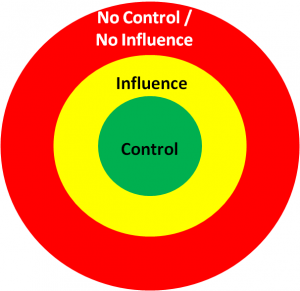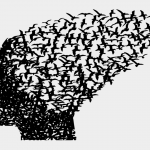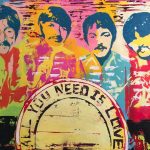2020. Yeesh. Hurry up, 2021!
Yes, a vaccine is on the horizon. Hurray!
Yes, the US election is settled. Mostly.
Even so . . . there’s still so much pain.
Sadness, frustration, even despair have become frequent companions in our daily experiences.
We’re feeling grumpy, depressed, and tired of public health recommendations.
It’s understandable considering we’re nine months into a deadly global pandemic, separated from family and friends, confronted with the open wounds of racial injustice and economic disparity, juggling work, childcare, and homeschooling.
Oy.
Especially for Leaders & Teams in Seniors Care.
Yes, Seniors Care staff and residents are top of the list to receive the vaccine.
But sadness, frustration, even despair have become daily companions. Because in addition to the stuff everybody else is grappling with, you’re also dealing directly with a second (or third or fourth) wave some were optimistically anticipating we’d miss.
Loneliness and isolation are taking a toll on residents while staff’s mental well-being is taking a beating.
It’s too much.
Control Centre
Nonetheless. All is not lost.
Contemplating this overload, I’m reminded of the Locus of Control idea popularized in Stephen Covey’s ’80s classic The 7 Habits of Highly Effective People.
Here’s a refresher:
- First, the inner circle represents what’s within our control—our attitudes, actions and choices.
- The next circle is what’s beyond our direct control but within our ability to influence—like others’ thoughts or behaviours, our children’s futures, etc.
- Finally, the outer circle is everything outside our control and influence—like skin color, past decisions, the weather, the economy, a global pandemic.
Start with yourself
Often when we’re stressed, we feel like our bandwidth for others shrinks. So put on your own oxygen mask before trying to help others with these two scientifically proven practices.
1. Mindfulness is a trendy topic because of its umpteen research-backed benefits. When stepping back a bit from struggles would be useful, take a focused breath or three to clear your mind.
During COVID, we’ve had the honour of helping forward-thinking employers bring mindfulness programs to their leaders and teams. Participants’ feedback is clear. Mindfulness helps them remain calm in challenging work situations, manage anxiety when they’re feeling stressed, and be more focused at work.
Bonus points: They also feel proud and grateful that their employer sponsored the initiative.
2. Self-Compassion. More than 2000 studies prove that self-compassion opens us up so we can see ourselves and others more clearly—a helpful prerequisite to addressing our difficult emotions. Here’s how it works.
- Recognise our common humanity. Specifically, see your difficulty as part of being human. Among 7.6 billion global citizens, it’s a safe bet somebody else is feeling the same way you do at the same moment.
- Practice self-kindness instead of self-criticism. Treat yourself with the warmth and understanding you’d offer a good friend.
Reach out. Open up.
Now you have the capacity to move to the second circle: influencing others.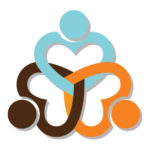
Connect with others. Even before COVID, research confirmed that relationships are our greatest sources of joy, mental health, and well-being. Now? They’re essential.
I saw a quote recently that resonated: Today you could be standing next to someone who is trying their best not to fall apart. So whatever you do today, do it with kindness in your heart.
Fits with new research findings that suggest people who volunteer or support others during the pandemic tend to be happier.
Some ideas:
- Lean into Brene Brown’s evidence-based advice and be vulnerable. Honest, appropriate self-disclosure cultivates intimacy, support and belonging.
- On your next team Zoom call, bolster connections by pairing people for a 2-minute chat about something that’s going well and/or something they’re grateful for.
Focus on the feasible.
As punishing as 2020 has been, it will come to an end. Really.
And—epidemiologists assure us—so will the pandemic.
Until then, now’s the time to practice focusing on what you can control or influence, do your best, and let go of the rest.
